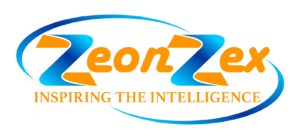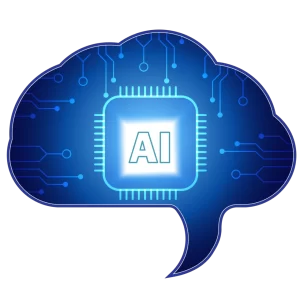
AI Adventure
AI Adventure: The creation of artificial intelligence is a fascinating and thriving area. You have to make a crucial decision before embarking on your path to developing intelligent systems: which programming language will be your primary tool? Fear not, aspiring programmers! This blog lists 11 of the most potent languages, each with unique benefits to help you succeed in artificial intelligence.
Python is the greatest due to its huge collection of AI packages, including PyTorch and TensorFlow, and its beginner-friendly interface. Many AI enthusiasts consider it to be their “go-to language” because of its versatility, which makes it perfect for complex projects or rapid prototyping.
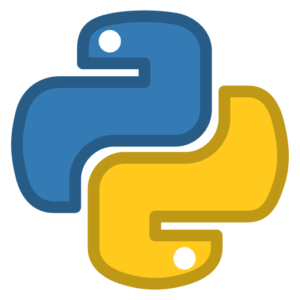
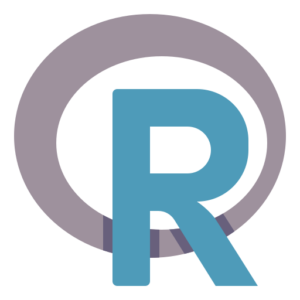
For those who adore statistical computing and data analysis, R is the go-to magic elixir. Its specialist tools, including as ggplot2 and caret, which transform AI development into a beautiful dance with numbers, are what make it so popular among data scientists and academics searching for hidden patterns.
Do you need a titan of the corporate class for your big AI projects? The development community for Java is well-established, effective, and scalable. Because of packages like Weka and Deeplearning4j, it’s a solid choice, however its learning curve could be a little steeper than Python’s.
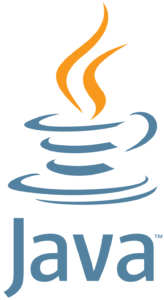
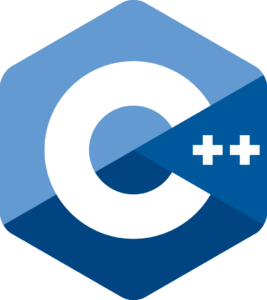
When milliseconds matter and you want lightning-fast execution, C++ is the obvious victor. Its exceptional speed and direct access to hardware, together with its control over memory management, make it ideal for demanding tasks like real-time systems and deep learning algorithms. But remember that great power comes with great responsibility and a steeper learning curve.
A true AI classic, Lisp is renowned for its deft handling of complex data structures and proficiency with symbolic processing. For tasks involving symbolic thinking and AI research, Lisp is a popular language. For those who appreciate a dash of retro AI magic, its expressiveness is unmatched while having a unique syntax.


The internet is seeing an increasing amount of JavaScript usage as browser-based AI and Node.js gain traction. Front-end AI development faces fierce competition from JavaScript thanks to tools like TensorFlow.js and Brain.js. These libraries enable machine learning on-device and intelligent internet apps. Now is the moment to showcase your internet prowess!
Don’t underestimate Julia—she’s the rising star in the AI sky! This new language combines the efficiency of C++ with the ease of use of Python. Its strong array management and integrated support for parallel computing make it ideal for computationally intensive applications like scientific computing and deep learning. Experiment and see if the magic catches you off guard!


For those seeking code beauty and unfailing dependability, Haskell offers a unique functional programming paradigm. Because type safety and immutability are its key concerns, the resulting cleaner, easier-to-maintain code makes it suitable for complex AI systems where clarity is essential.
Scala bridges the gap between functional and object-oriented programming, offering a robust and scalable foundation for AI development. Its Spark library is a popular choice for large-scale artificial intelligence applications where data is king because of its expertise in distributed computing and massive data processing.


If memory safety and efficiency are your top priorities, Rust is an intriguing hero. Because of its unique ownership structure, which prevents memory leaks and ensures code reliability, it is ideal for resource-intensive AI applications like robotics and embedded systems.
Prologue’s declarative approach and symbolic reasoning capabilities enable it to perform very well in logic-based AI tasks such as natural language processing and expert systems. For complex rule-based reasoning issues, it is a great option due to its integrated unification and backtracking features.

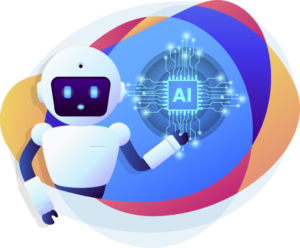
Remember that the language you should select for your project is the one that best fits your needs and coding style. Explore, experiment, and find the perfect AI development partner. Happy coding and may your AI innovations become well-known!
